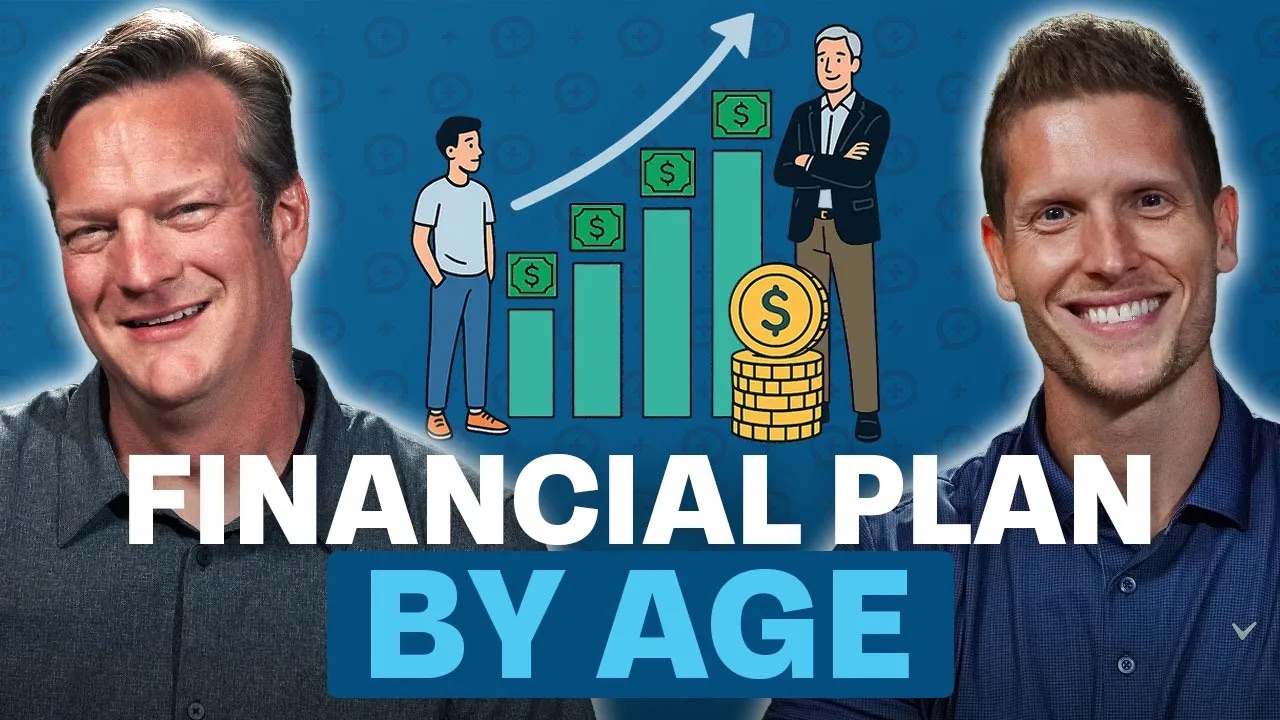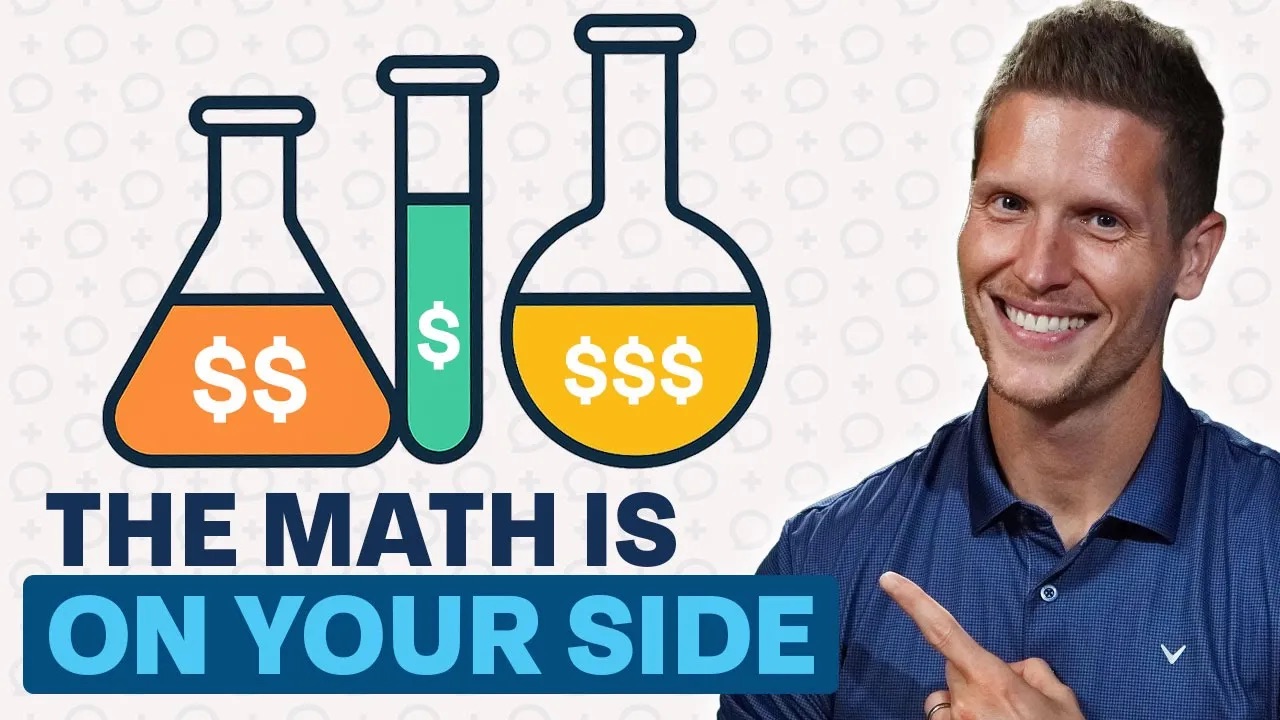Coming up next is from BuckeyeFan14. It says, 'I see many people saying that index funds are so popular that it may create an index fund bubble. Are the guys concerned about that at all?' I've been hearing about this bubble for at least a decade now, at least a decade. So, what are we saying? Okay, supply and demand. If so many people demand the index funds themselves, that the prices are going to go up, it's going to be this huge bubble that explodes. We have to remember at the end of the day, what is an index fund? What is an index fund buying? It's just buying underlying companies - S&P 500, just buying the 500 largest companies inside of the United States. So, if you're saying, 'Okay, is a bubble going to exist?' you're basically saying, 'Alright, is buying the largest companies not going to work? Is it going to be something that doesn't work?' I just don't subscribe to the idea. One, I think that human behavior won't actually allow it to happen. I think that an index fund bubble won't actually happen because there's always going to be someone that thinks they can go out and beat the market, they can go out and beat the index and outperform the index. And maybe in theory, if enough people got to the index, that active managers might have a leg up where they could see that, but I just think we live in this efficient world now. I don't know that I see that actually being a problem. I don't think overall it creates a bubble situation. However, it does have some facets of negative results because people are doing this. I mean, everyone, I'll give you a few examples.
I think the price-earnings ratios for the S&P 500 are nudged higher now than they were probably historically 30 years ago because just because people are buying automatically once a company is listed on the S&P 500, that is, it's just now part of the first buying of everybody is buying index funds. That is going to put pressure on just the market to push that up. And that's why I think you do see higher price-earnings ratios and things like that. Now, the offset to that is that we still have economic cycles. You see the growth, and you see the drop, the bear markets that come in and bring it all back and parse it back down or prune it. So, that's why I don't worry about a bubble, but I think there are some unintended consequences. I mean, you see people who got caught up in the fact with, you know, are some of these index funds now letting politics drive? I mean, these are things, the higher price-earnings, there are unintended consequences that have popped up from index funds. But I don't think that they're bubbles that are going to break the whole system.
And let me put it at this point: I'm still buying index funds for myself. And I base it more on the analytics. Every time we go check out the SPIVA data and for Daniel to update the slides, it's still showing if you can stay invested for over a decade, a long-term investment horizon, index funds still outperform like 80 percent of active managers. And when Warren Buffett, I mean, was it 27 - I mean, it was back in 2007 - no, it was 2008 or nine, and then he fast forward 10 years in the future, he made the bet. It was in 2007, 10 years because everybody thought, 'Man, Warren Buffett's gonna lose that million-dollar bet he made in 2007 where he said, 'Hey, if you're an active manager, I want you to put that up against the S&P 500.' We've seen the results. They actually called it early because the index whooped the heck out of any of the managers that came forward. And it was hard to even find a manager that would come forward to show their results. So that's why I'm still sticking to index funds. But it doesn't mean there are unintended consequences, but they're not catastrophic to the point that I would say I'm worried about a bubble. And I just don't think that the average investor is going to adopt it. I don't think that the average investor... I mean, I wish it'd be great. I don't think we're gonna get that many people that are actually buying index funds. But if we do, I think it's great. That means a lot more people watch the Money Guy Show, and I think it's going to be good, and I think it's gonna make the financial world a little bit more competitive, which is great.
I'm trying to remember if you went back... we've been doing this content since 2006. I used to have this show that was like the best investment strategy that less than so and so percentage are using because I think when we started doing the index shows, it was like 10 or so. Now, it's over half. I will say half the investors now are, you know, taking advantage of index funds. So, I have seen higher adoption rates, but I'm not worried about a bubble. For more information, check out our
free resources here.













